Dandelion has many properties, including being a depurative, a diuretic, an effective plant against gallstones and kidney stones, useful against inappetence and certain skin diseases.. Scientific name: Taraxacum officinale. Common names: dandelion, lion's tooth, sometimes liondent, or mole salad. English name: dandelion. Botanical classification: family Asteraceae or Compositae Forms and preparations : soups, decoctions, herbal teas, capsules, salads, extracts (dry or fluid) and infusions. Dandelion is useful against liver congestion and gall bladder problems. Depurative properties: acts in cases of constipation, difficult digestion, excess cholesterol or even inappetence. Prevents kidney problems: urinary or hepatic insufficiency, biliary disorders. External use : Fights skin problems: dermatitis, skin diseases. Fights affected and damaged skin: corns, leeks, warts. Dandelion leaves are reputed to contain large quantities of minerals and vitamins. They can also be used to treat inappetence, stomach disorders and urinary problems. Against digestive disorders, dandelion can also act as an anti-inflammatory. It therefore has a hepatic function. Enzyme stimulation of the liver and kidneys. Dandelion leaves and roots have their own respective benefits, but have other properties if the two parts of the plant are combined (which will have the effect of treating not only the kidneys, but also the liver). However, it is recommended not to take more than the daily dose, which is 30g for the leaves and 15g for the roots. Using only the dandelion leaves, you can make an infusion (4 to 10 grams of leaves in 150 ml of water, up to three times a day) or a tincture of dandelion leaves (2 to 5 ml three times a day). As a liquid extract or juice, we recommend the equivalent of one or two tablespoons three times a day. The roots can be taken as a decoction, extract or tincture. The extract can be taken as a tablet or capsule: 750 to 1250 mg three times a day. The decoction is easy to prepare: boil 3 to 5 g of root in a cup or bowl for around ten minutes, then repeat three times a day. There are no special precautions for using dandelion, except in cases of gallstones, where it is best to consult a doctor first. Dandelion can cause side effects such as heartburn and nausea, but these are rare and isolated cases. It has anti-inflammatory and diuretic properties. In addition to all the possible therapeutic preparations, dandelion can also be eaten as a salad. Dandelion should not be eaten lightly or in moderation.
Dandelion leaves
4 €
Picenli is renowned for its digestive and diuretic properties. It helps to eliminate toxins, regulate digestion and support liver health. Its infusion provides lightness and inner balance. Dandelion leaves contain large quantities of minerals and vitamins. Dandelion has many properties: it is a depurative, diuretic, antioxidant and anti-inflammatory. What's more, dandelion can be used in all kinds of therapeutic preparations, and can also be eaten as a salad.
| Weight | 0,040 kg |
|---|---|
| Dimensions | 11 × 18 cm |
| Packaging | 30 g |
Only logged in customers who have purchased this product may leave a review.
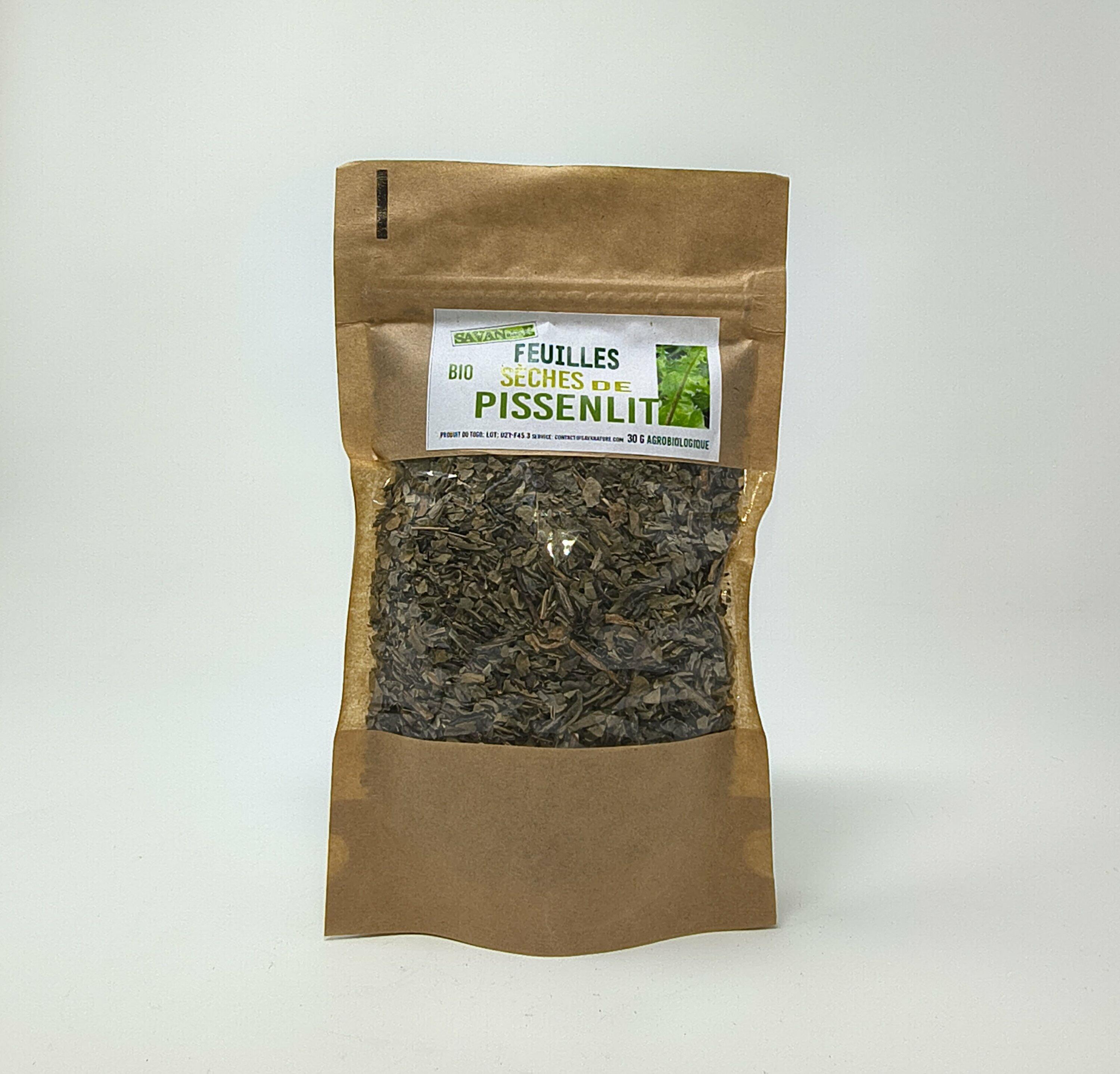
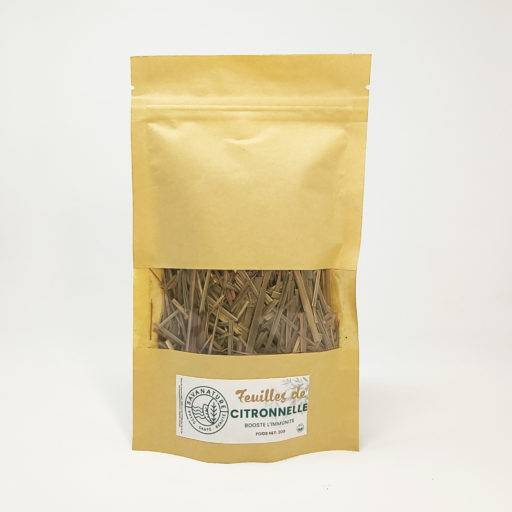
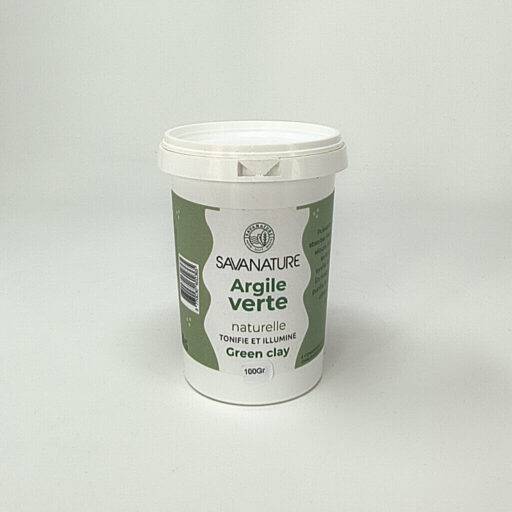

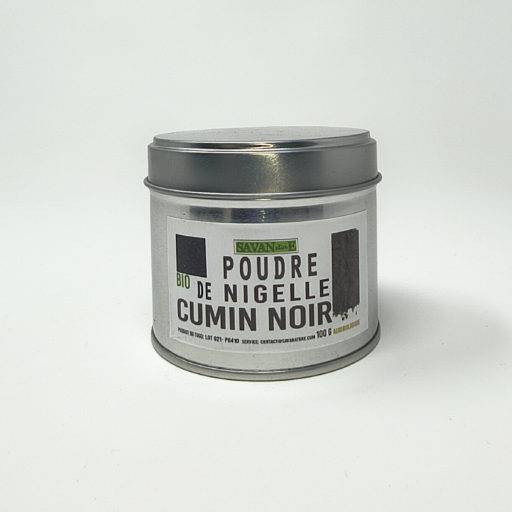
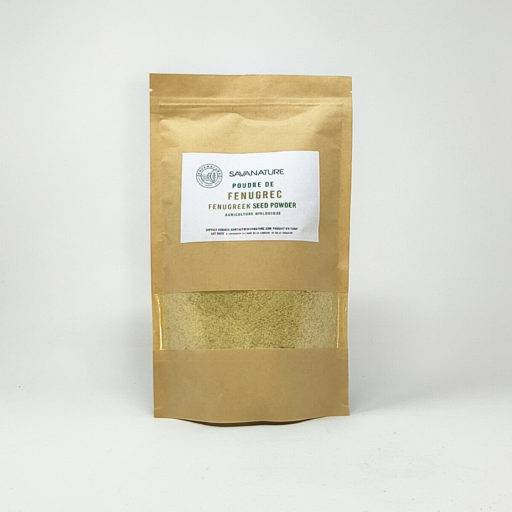
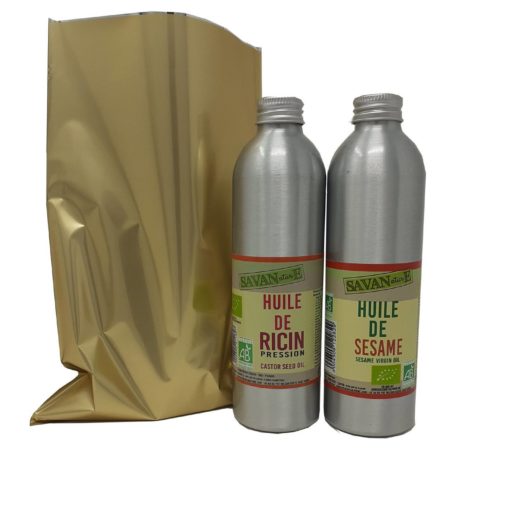
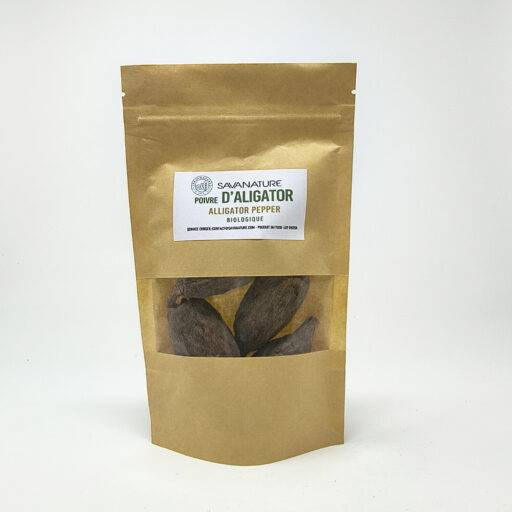
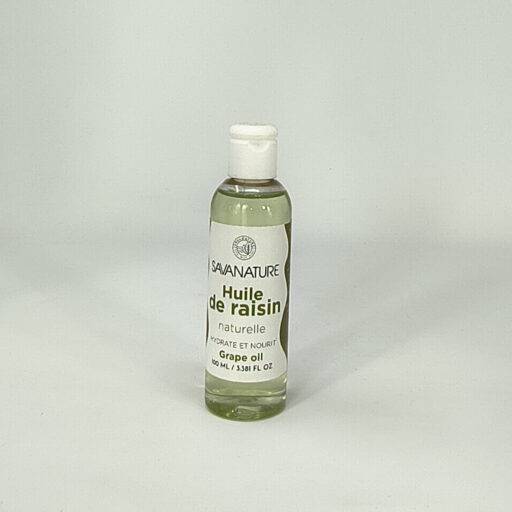
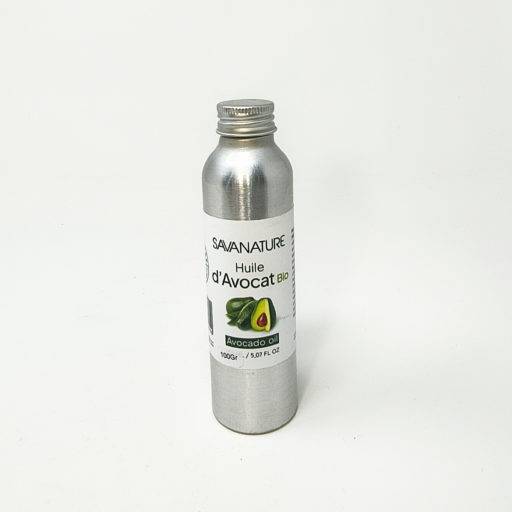
Reviews
There are no reviews yet.